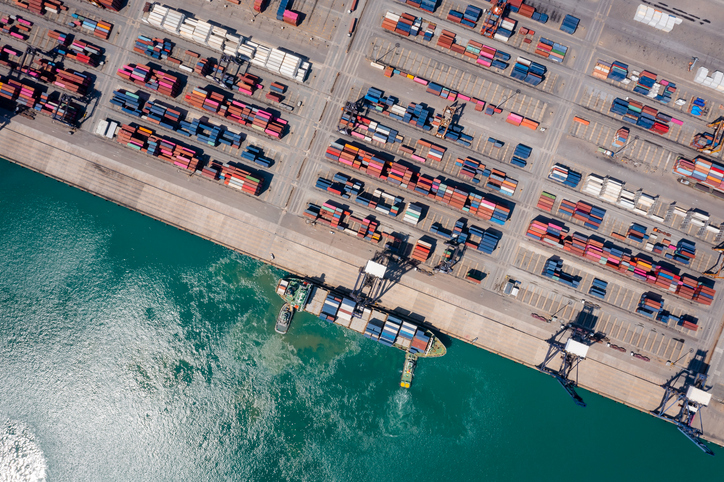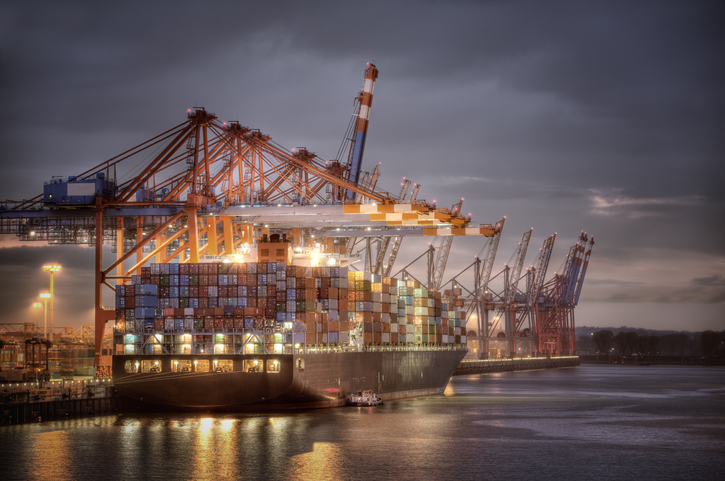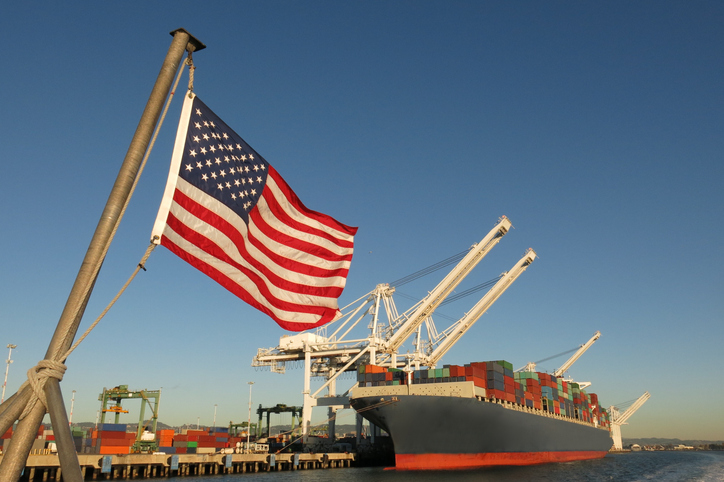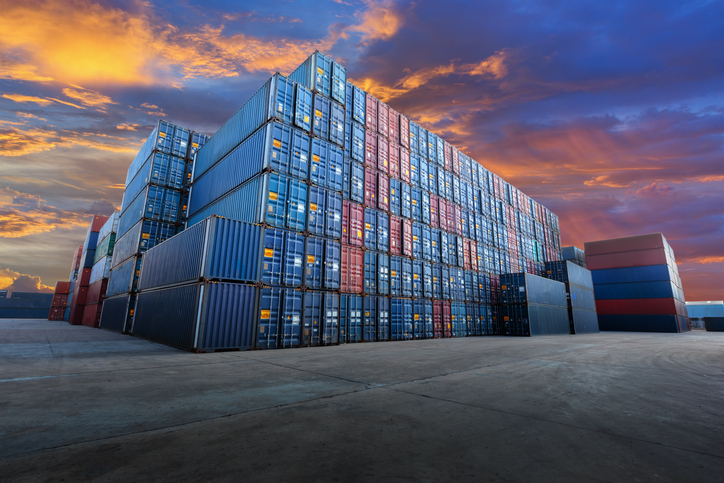
The Weekly Roar
In this week’s Roar: Worsening congestion in Singapore, the ILA labor talks, a shortage of containers, the rise in cargo theft, and the growing use of automation in logistics.
Congestion at Singapore’s container port is at its worst since the pandemic, underscoring the global impact of rerouting vessels to avoid attacks by Houthi pirates in the Red Sea. The congestion is impacting manufacturers, retailers, and consumers as shipping times and costs increase. Singapore has seen a 22% increase in its average cargo offload volumes between January and May, with wait times for berths sometimes extending up to a week.

Industry organizations are urging the White House to intervene and encourage the International Longshoremen’s Association (ILA) and the United States Maritime Alliance (USMX) to resume labor talks. Negotiations have ground to a halt because of disputes over automation at ports, which the ILA argues threatens jobs and violates their master contract. There is growing concern about potential disruptions in the supply chain, especially as peak shipping season approaches, and global port congestion worsens.
Speaking of ports and automation… predictions are that the global logistics automation market will increase from US$65.25 billion in 2023 to more than US$217 billion in 2033. Logistics automation includes technologies and systems that optimize processes within the supply chain industry from production to delivery, and everything in between. For example, mobile technology, automated storage and retrieval systems (ASRS), industrial robots, and various layers of software. In the U.S., the logistics automation market was valued at US$19.28 billion in 2023 and is projected to reach US$67.32 billion by 2033, which is a growth rate of 13%.
The container shipping sector is experiencing high demand and supply pressures (also largely due to the Red Sea crisis). The ongoing disruptions to routes have caused an imbalance, creating a shortage of containers. With uncertainties about the global economy and where future demand will be trending however, the industry is concerned that if they build more ships and containers to meet the current demand, it could lead to overcapacity and downward rate pressure in the future. So, in other words, the specific causes may be a little different but these types of concerns are nothing new for the industry.
Cargo theft is on the rise as criminals adopt high-tech methods. They are increasingly using identity theft, double brokering, and online scams to steal high-value goods such as solar panels, electronics, and household appliances. The average value of stolen shipments has more than doubled, reaching $281,757 per event early this year. Experts are recommending that companies implement a layered security approach to prevent cargo theft, including staff training, using technology to vet cargo partners, and implementing various other security procedures.
For the rest of the week’s top shipping news, check out the article highlights below.









